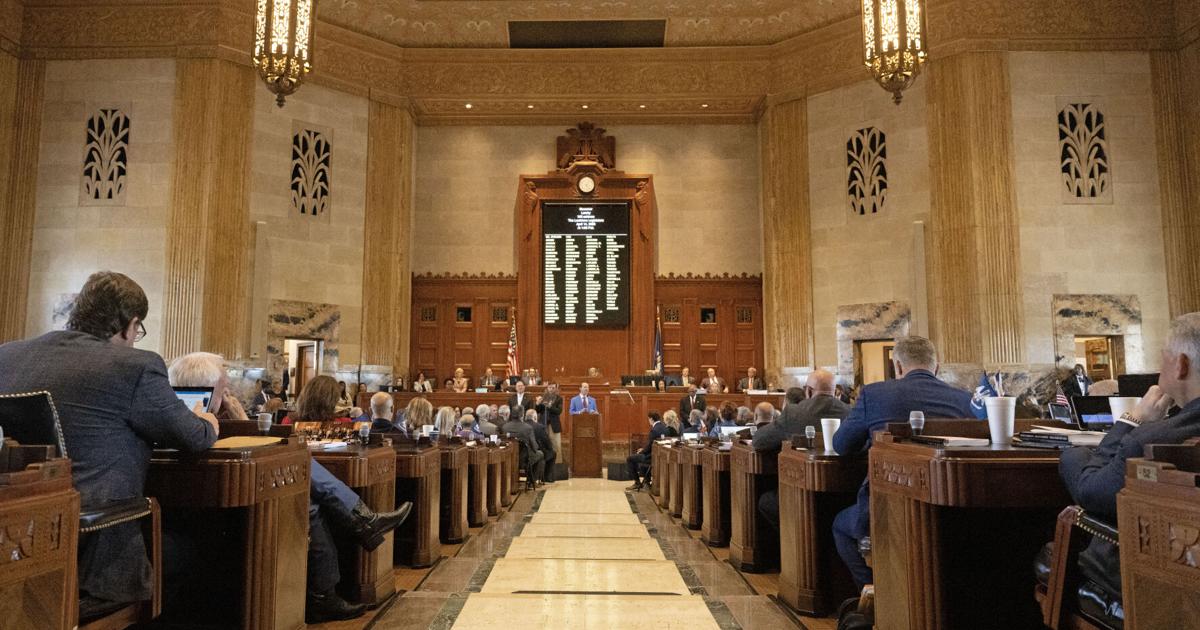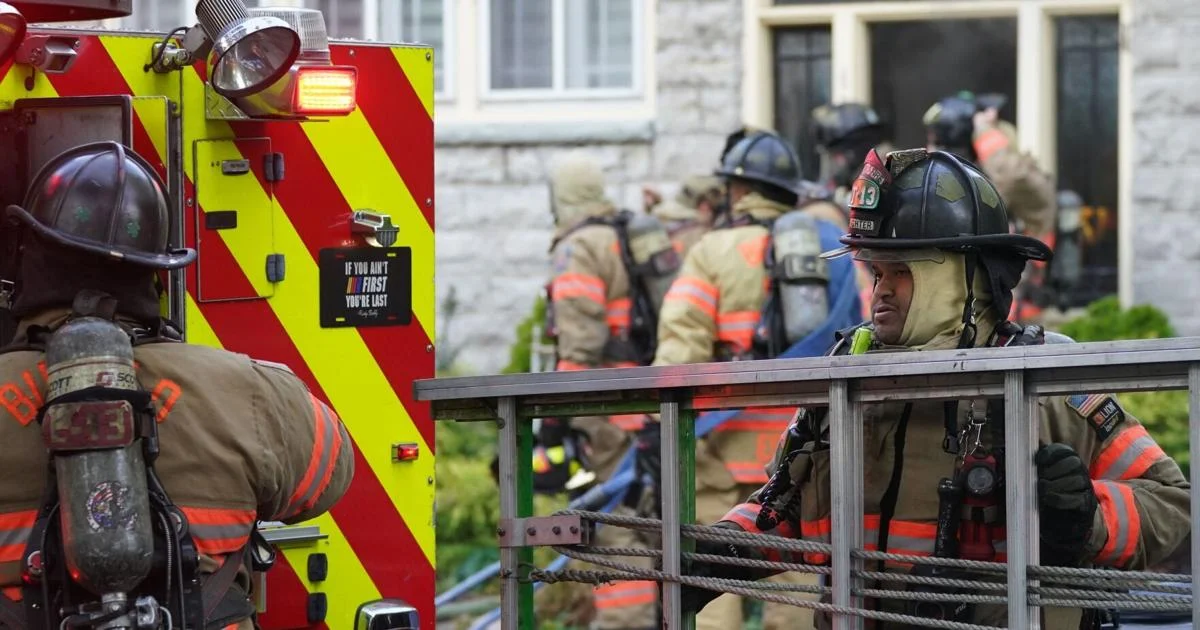Copyright Baton Rouge Advocate

The Legislature convened in extraordinary session to push back election dates for the 2026 closed congressional primary elections under mirror legislation, House Bill 1 and Senate Bill 1, that was filed by legislative committees on governmental affairs, with jurisdiction over elections, voting rights and redistricting. Legislative leaders said these bills are intended to buy time for the U.S> Supreme Court to decide Louisiana v. Callais, which will determine the proper application of the U.S. Constitution and Voting Rights Act to Louisiana’s congressional map. Gov. Jeff Landry has said that the Supreme Court's decision could provide new guidance that Louisiana must weigh when enacting maps and, too, that new congressional district lines may be required if the court’s holding strikes down the current map. We pray that does not happen. Any assumption about the timing and nature of the Supreme Court’s decision-making, or that another special session on redistricting may be required as a result, remains pure speculation. Few responsibilities could carry more consequences than redistricting and the distribution of political power. This process determines which voices are heard loudest when choosing the elected officials who make decisions that impact every community member’s daily life. Indeed, the makeup of districts can influence if and how elected officials respond to community needs. From the delta to the bayou, congressional lines in Louisiana will determine what federal dollars are invested in Louisiana’s communities and the policy decisions that will shape opportunities for generations to come on topics from education to housing, foreign policy to our domestic economy. The Legislature holds incredible power over how any potential mid-cycle redistricting process would proceed in the state. No matter how opinions may vary on the ultimate configuration of districts and the values reflected in the state’s maps, we all should be able to agree on a set of values to guide the process. We ask all involved to commit to ensure these values are honored should a redistricting session be held: Make committee hearing dates and times public with at least five days’ notice. Publish map bills at least three days before they are scheduled for Committee debates. Provide all legislators and members of the public with equal access to relevant, nonprivileged information committee members may consider about maps comply with all relevant rules and other redistricting criteria as defined by state and federal law. Provide for public in-person community meetings outside of the State Capitol and/or virtual opportunities for community education and feedback on maps under consideration by the committees. Refrain from invoking time limitations on public testimony and legislative debate.



